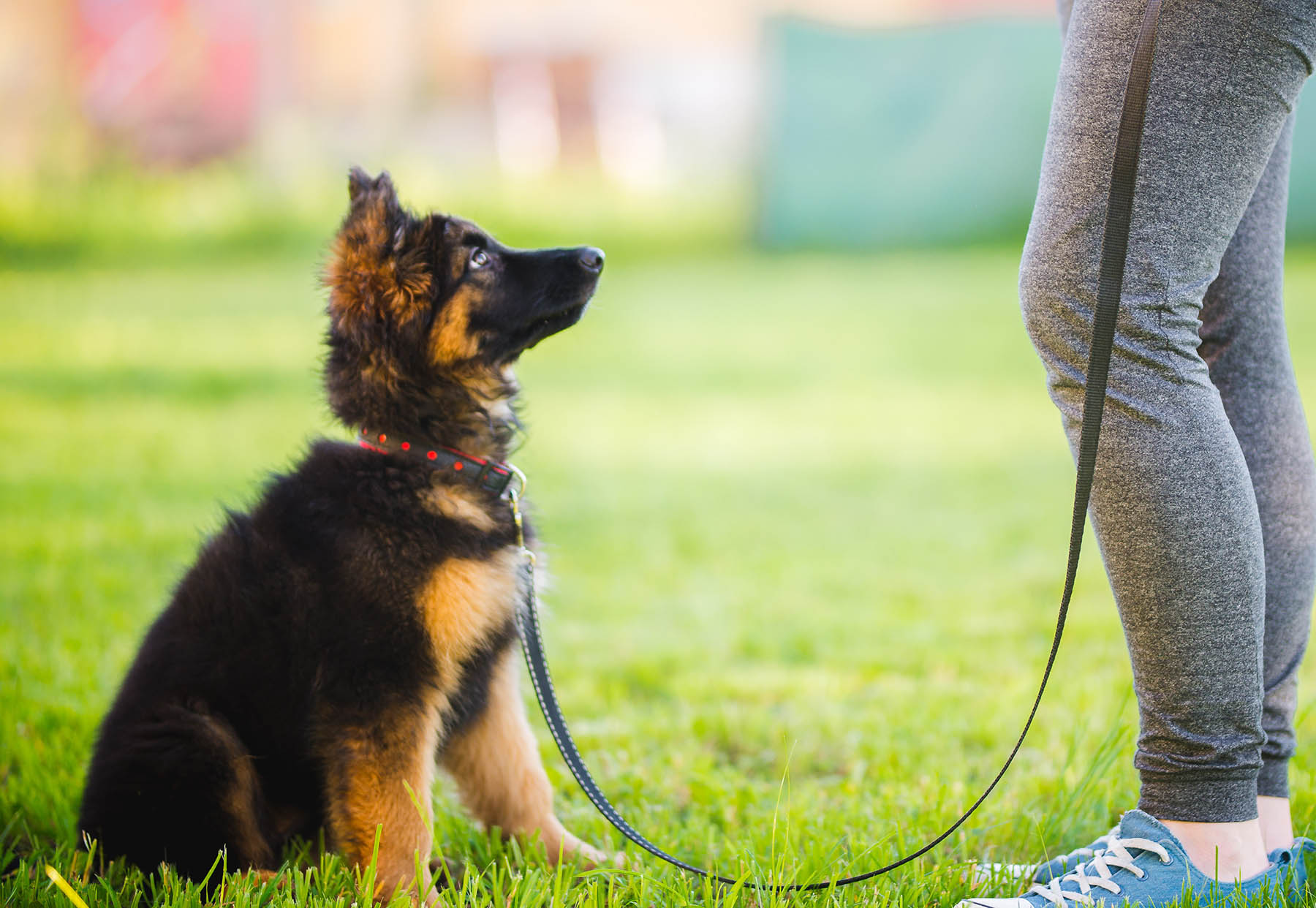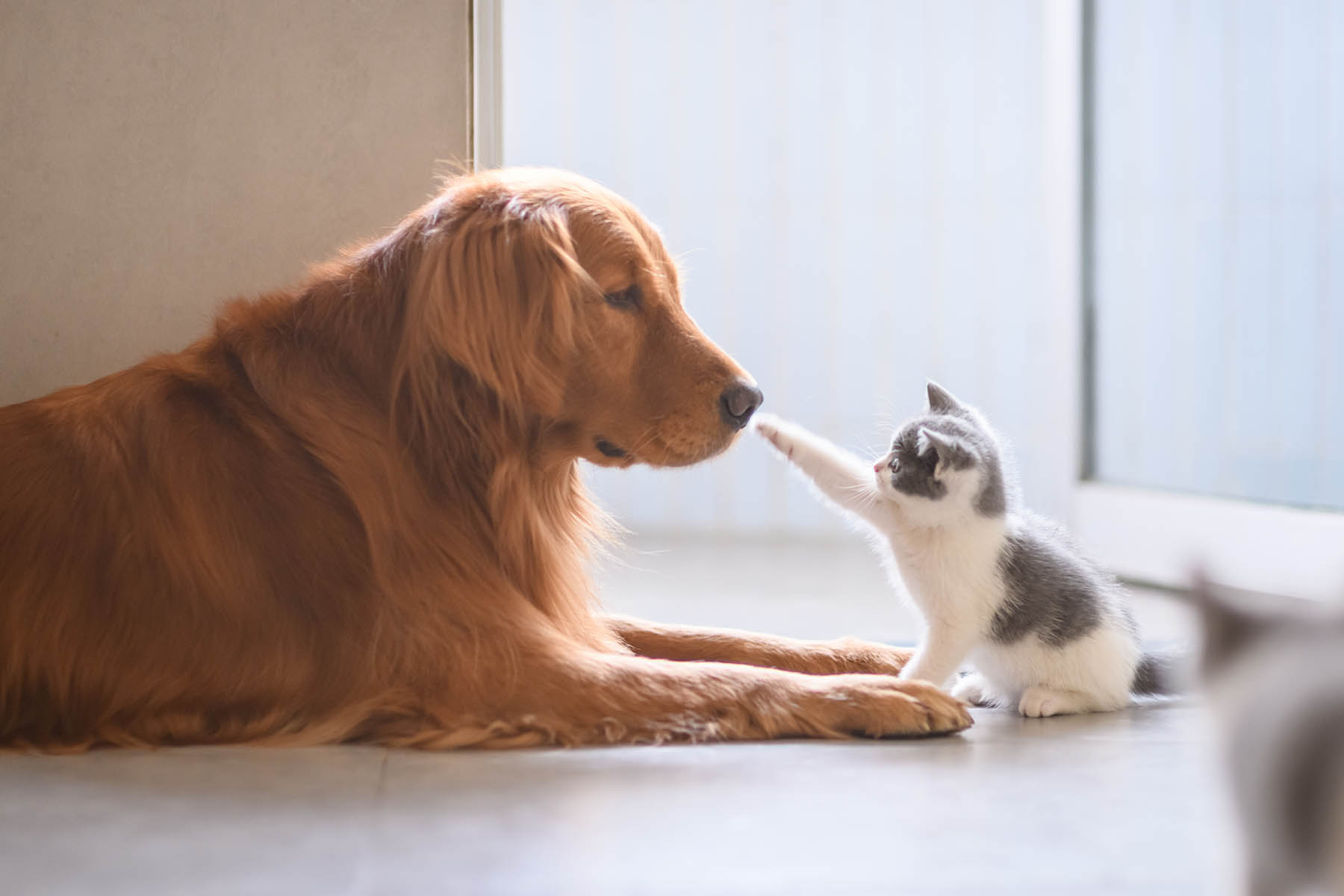With their undeniable charm, inexhaustible energy, and an insatiable appetite for knowledge, puppies can bring immeasurable joy to your life. But to guarantee that your puppy blossoms into a well-adjusted and contented canine companion, early training is a must. In this blog, we’ll equip you with essential guidance for puppy training, setting the stage for a harmonious and enduring connection with your beloved four-legged family member.With their undeniable charm, inexhaustible energy, and an insatiable appetite for knowledge, puppies can bring immeasurable joy to your life. But to guarantee that your puppy blossoms into a well-adjusted and contented canine companion, early training is a must. In this blog, we’ll equip you with essential guidance for puppy training, setting the stage for a harmonious and enduring connection with your beloved four-legged family member.
Basic Commands:
Training your puppy begins with teaching them basic commands like “sit,” “stay,” and “come.” These commands are essential for effective communication and safety. Keep training sessions short and positive, using treats and praise to reward your puppy when they follow commands correctly. Remember, patience and consistency are key; puppies have short attention spans and require repetition to grasp commands.
Socialization:
Socialization is another critical aspect of puppy training. Expose your puppy to different people, animals, and environments from a young age. Gradually increase the level of exposure to ensure your puppy remains calm and confident in various situations. Well-socialized puppies are more likely to grow into well-adjusted adult dogs.
Housebreaking:
Housebreaking is perhaps one of the most challenging aspects of puppy training. Establish a consistent routine for feeding, bathroom breaks, and playtime. Praise your puppy when they eliminate outside and provide gentle correction if accidents happen indoors. Be diligent and patient during this process, as it may take some time for your puppy to grasp the concept.
Crate Training:
Crate training can be a valuable tool for housebreaking and providing your puppy with a safe and comfortable space. Ensure the crate is appropriately sized to allow your puppy to stand, turn around, and lie down comfortably. Use positive reinforcement to encourage your puppy to enter the crate willingly. The crate should be associated with positive experiences and should never be used for punishment.
Puppy-Proof Your Home:
Puppy-proofing your home is essential to keep your new companion safe. Puppies are naturally curious and may explore their environment with their mouths. Remove hazards, keep valuable or dangerous items out of reach, and provide plenty of appropriate chew toys to satisfy their natural chewing instinct.
Establish Rules and Boundaries:
Establishing clear rules and boundaries is crucial for your puppy’s development. Create consistent guidelines that all family members follow. This helps your puppy understand what is expected and reduces confusion, which can lead to undesirable behaviors.
Positive Reinforcement:
Use positive reinforcement to reward good behavior. Treats, praise, and affection are powerful motivators for puppies. Reinforce desired behaviors immediately to strengthen their association with the reward. Positive reinforcement creates a positive and enjoyable training experience for your puppy.
Avoid Punishment:
Avoid physical punishment or harsh scolding. These approaches can create fear and mistrust, hindering the training process and potentially damaging the bond between you and your puppy. Instead, focus on redirection and positive reinforcement to correct unwanted behaviors.
Seek Professional Help If Needed:
If you encounter specific challenges or behaviors that you’re unsure how to address, consider seeking guidance from a professional dog trainer or behaviorist. They can provide expert advice tailored to your puppy’s individual needs and help you navigate more complex training issues.
In conclusion, puppy training is an essential part of responsible pet ownership. By starting early and following these tips, you can help your puppy grow into a well-behaved, happy, and well-adjusted adult dog. Enjoy the process of teaching and bonding with your new furry family member, and remember that building a strong foundation through training is a rewarding journey that will last a lifetime.




